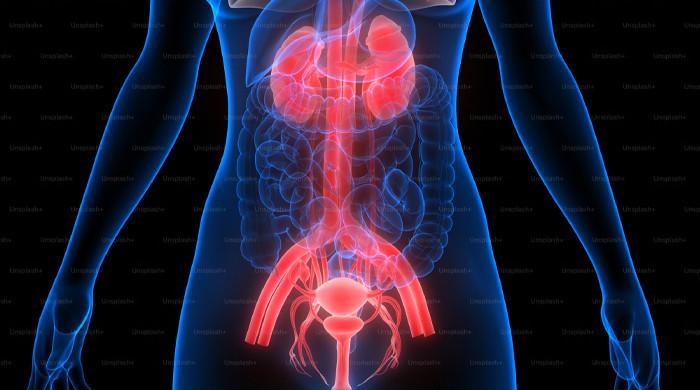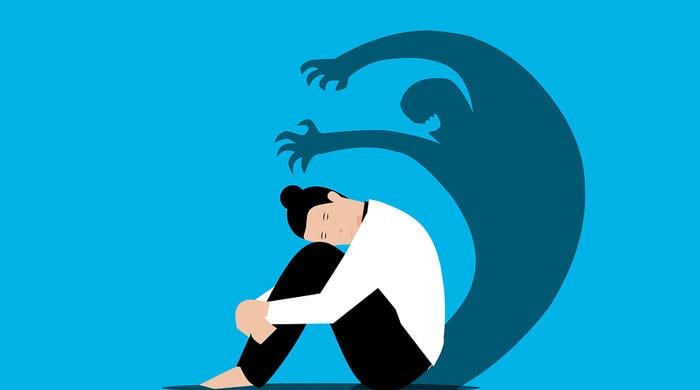The Ultimate Guide to a Strong Immune System: Everything to know
Everything you need to know about strengthening the immune system
January 24, 2024

With new diseases causing germs emerging day by day, it has become inevitable to solidify your immune system. But one needs to keep in mind that a strong immune system requires harmony and balance of different factors. Even though, no significant causal relationship between the immune response and lifestyle has been scientifically proven as of yet.
This does not undermine the significance of living a healthy lifestyle that might lend a helping hand to our body's immune response.
How to boost immune system?
Let’s take a look at some lifestyle upgrades that can give you immunity against various diseases, and a quick boost.
- A good night's sleep of 7-8 hours.
- Eating a fiber-rich diet
- Exercising regularly
- Quitting Smoking and caffeine intake
- Maintaining a healthy Body Mass Index (MBI)
How can I boost my immune system in 24 hours?
There is no guaranteed way to boost the immune system in 24 hours. However, some daily activities can upgrade your bodies ability to fight germs. These include taking warm liquids such as tea or coffee, sporadically sanitizing hands, drinking plenty of water and taking supplements.
Vitamins to boost the immune system
In addition to these healthy lifestyle choices, one should also ensure the intake of essential vitamins such as vitamin A, B6, B12, C, D and E to maintain a near-to-perfect immune system.
Foods that boost immune system

Fortunately, mother nature guarantees an ample amount of all these in the form of bell peppers, kiwi, broccoli, and citrus. Moreover, healthy fats can be obtained through olive oil and salmon whereas yogurt and milk are enriched with probiotics.
How long is immune system compromised after steroids
The use of steroids for different illnesses comes at the cost of suppressed immunity. In general, the immune system takes approximately 2-3 months to recover after stopping the use of these medicines.
Immune system diseases
The disorders that cause a person’s immunity to decline are termed as immune system diseases.
Some common examples of these are:
- HIV/AIDS
- Severe Combined Immunodeficiency (SCID)
- Common Variable Immunodeficiency (CVID)
Improving the gut microbiome for immune system health

The group of microorganisms that reside inside the digestive tract is known as gut microbiome. They are vital for increased immunity, metabolism and digestion. In order to improve their population, the intake of vegetables, fruits, and whole grains should be accelerated.
Brain Function and Immune System
A well-coordinated pathway between the brain and the immune system has unparalleled significance for the body’s physical as well as mental coping mechanism. However, the excessive communication through this pathway also has a down-side.
This gives rise to various neurological and psychological disorders like depression, Alzheimer’s disease and multiple sclerosis.









